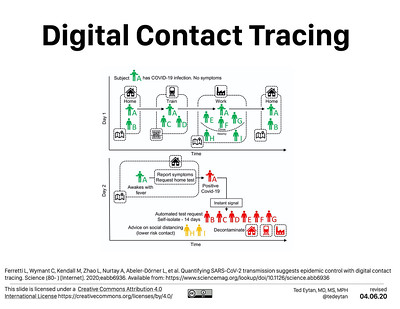For the last few days, I’ve written about WCC and its unusual attraction to issuing less-than-1-year certificates. WCC issues nearly five times more less-than-1-year certificates than any other community college in Michigan. Most of WCC’s certificates are issued in “Liberal Arts” or a health care program. These certificates vastly increase the number of credentials WCC issues, but don’t translate to higher wages or better jobs for the holders. On the other hand, states have developed an urgent need for trained contact tracing workers.
Contact tracing factors into most states’ plans to better control subsequent coronavirus outbreaks. Contact tracing is not new, nor is it limited to coronavirus outbreaks. States and county health departments have used contact tracing as a standard procedure to combat outbreaks including tuberculosis, HIV/AIDS, influenza and Ebola.
Conservative estimates show that the United States will need about 300,000 trained contact tracers to assist with the current coronavirus pandemic. Recently, California governor Gavin Newsom turned to UCSF and UCLA to assist with training 20,000 contact tracers. To be sure, UCSF and UCLA don’t usually engage in short-term job training, but these aren’t ordinary circumstances.
And the California universities are not alone. States are scrambling to find and train contact tracers in large numbers. Most training programs last hours or a few days. Johns Hopkins has developed a five-hour online course that many think will serve as a model training program.
This is an example of the kinds of short-term certificate programs that community colleges (like Washtenaw) could offer. Instead of issuing worthless certificates that do nothing for the students, but pad WCC’s completion statistics, WCC could offer this kind of job training. It would provide work for students and meet an authentic community need.
Photo Credit: Ted Eytan , via Flickr
















